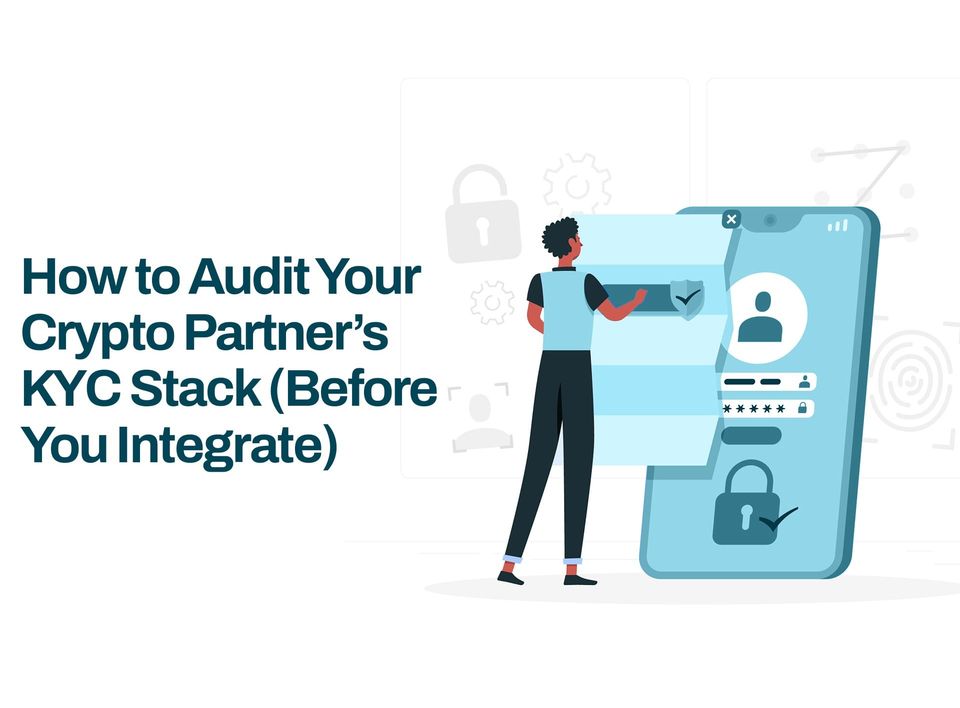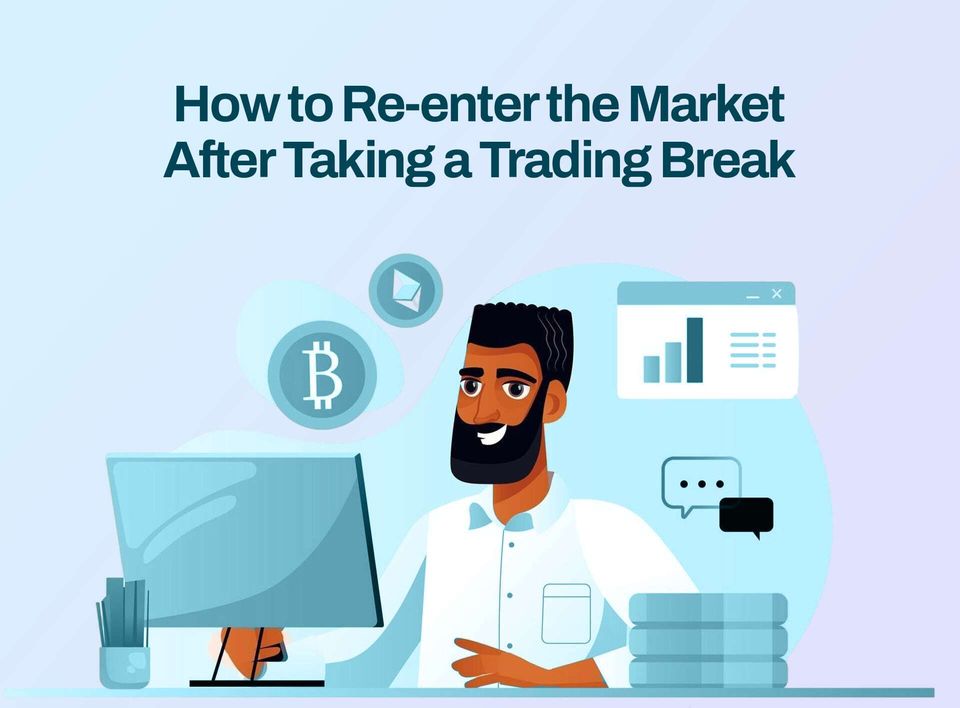How to Stay Mentally Strong as a Crypto Trader
The first step to maintaining mental strength as a crypto trader is to have a solid trading plan.

Cryptocurrency trading can be an exciting and rewarding experience.
It's like playing chess, but instead of a chess board, you have charts, and instead of a bishop, queen, knight or rook, you have BTC, ETH, USDT, ADA and other cryptocurrencies.
However, trading can also be mentally stressful and exhausting.
Market volatility, news about changing regulations, insolvencies and bans, and the pressure to make the right trading decisions can be heavy on your mental health.
Here are five tips to help you stay mentally strong as a crypto trader.
1. Have a Solid Trading Plan
"Always plan ahead. It wasn't raining when Noah built the ark." ~ Richard Cushing
The first step to maintaining mental strength as a crypto trader is to have a solid trading plan.
This should include a clear strategy for when to buy and sell, how to manage the risks of trading, and a plan for when your trades or investments don't work out as planned.
It's important to have a plan for different market situations. For instance, what do you do when BTC drops in price? What next step do you take when a trade doesn't work out in your favour? What do you do when the market is down?
By having a well-defined trading plan, you can avoid making impulsive decisions, handle sudden market price changes, minimise financial loss and avoid unnecessary mental distress.
2. Stay Informed but Limit Your Exposure to News
The crypto world is constantly changing. Staying up to date with the latest crypto news is important, but too much exposure can become overwhelming.
It is advisable to set aside specific times during the day to catch up on the latest crypto news and use the remaining time to either work, relax or play.
It's also important to be aware of the sources of information you're consuming. Some news sources may be inaccurate or biased, which could wrongly influence your trading decisions.
Make sure to fact-check any news before acting on it and try to get information from various sources to get a balanced market view.
3. Take Care of Your Physical and Mental Health
Crypto trading can be mentally and physically draining, so you must prioritise taking care of yourself.
A healthy body and sharp mind helps you make better trading decisions.
Exercise, eat good food, get enough sleep and find time to engage in relaxing activities.
In addition, spend time with your loved ones and have interests outside of trading to help you maintain a healthy work-life balance.
4. Learn from Your Mistakes
"One of the basic rules of the universe is that nothing is perfect. Perfection simply doesn't exist. Without imperfection, neither you nor I would exist."
― Stephen Hawking
No one is perfect, and even the most successful traders make mistakes while trading. Please do not dwell on your past mistakes but use them as learning opportunities.
Take time to analyse where you went wrong and how you can avoid making the same mistakes in the future. See your trading mistakes as opportunities for improvement and growth.
5. Connect with Other Crypto Traders
It can be helpful to build healthy relationships with fellow crypto traders. They can help you stay motivated and share valuable insights and information about cryptocurrency.
Discussing your experiences and sharing your trading stories can help you gain new perspectives.
You can join online communities like the Obiex Telegram group and attend offline and online events like Twitter spaces to connect with other traders.
Final Word
Crypto trading requires mental strength and stability. By implementing the tips mentioned above, you can improve your mental well-being and become a more successful trader.
Remember to have a solid trading plan, stay informed but limit your exposure to news, take care of your health, learn from your mistakes and build healthy connections with other traders.
Disclaimer: This article was written to provide guidance and understanding. It is not an exhaustive article and should not be taken as financial advice. Obiex will not be held liable for your investment decisions.




